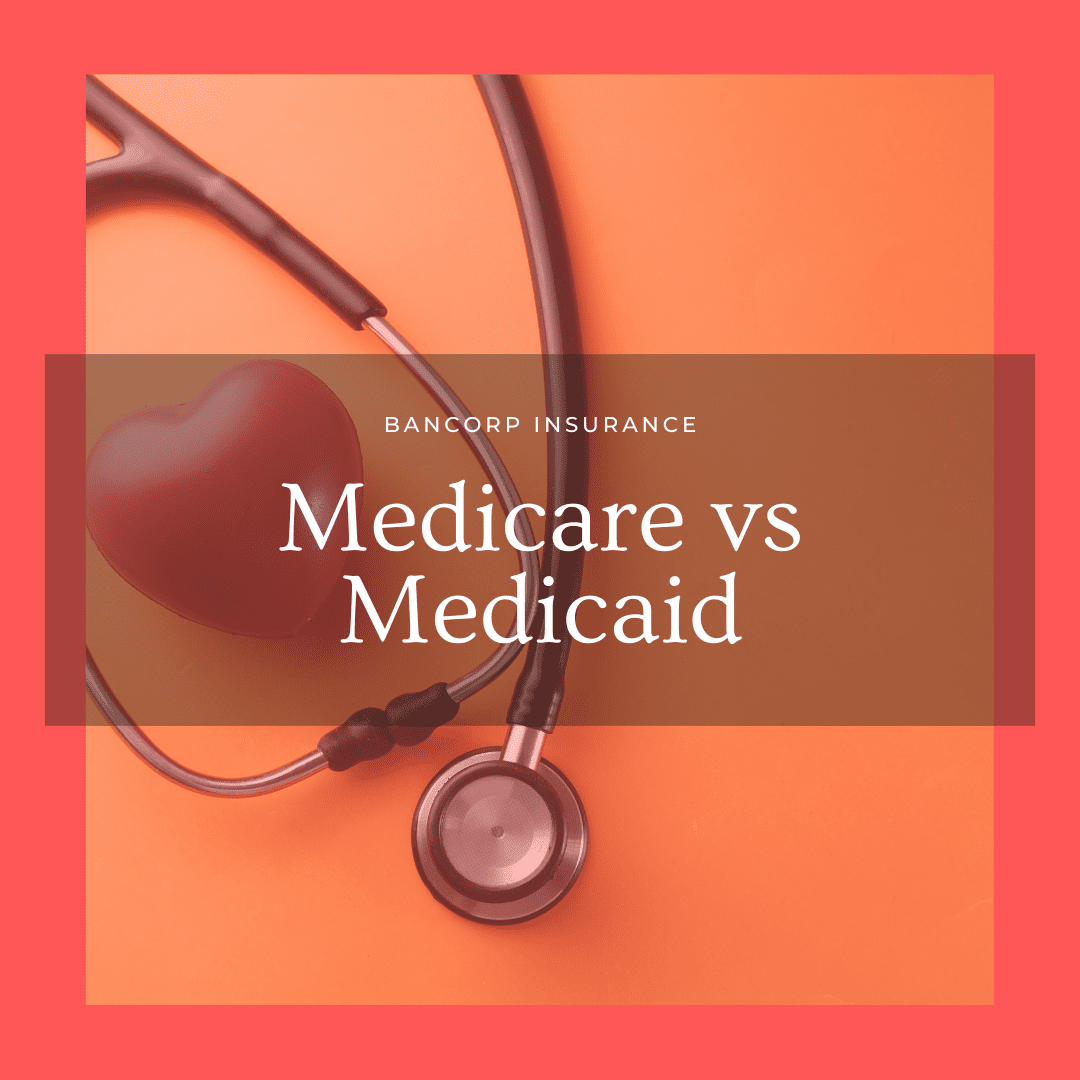Medicare and Medicaid – What is the Difference?

In short, Medicare is a medical insurance program for people over 65 and younger disabled people and dialysis patients. Medicaid is an assistance program for low-income patients’ medical expenses.
What is Medicare?
Medicare is an insurance program. Medical bills are paid from trust funds which those covered have paid into. It serves people over 65 primarily, whatever their income; and serves younger disabled people and dialysis patients. Patients pay part of costs through deductibles for hospital and other costs. Small monthly premiums are required for non-hospital coverage. Medicare is a federal program. It is basically the same everywhere in the United States and is run by the Centers for Medicare & Medicaid Services, an agency of the federal government.
For more information regarding Medicare and its components, please go to http://www.medicare.gov.
What is Medicaid?
Medicaid is an assistance program. It serves low-income people of every age. Patients usually pay no part of costs for covered medical expenses. A small co-payment is sometimes required. Medicaid is a federal-state program. It varies from state to state. It is run by state and local governments within federal guidelines.
For more information on Medicaid, please go to http://www.medicaid.gov
How is Medicare and Medicaid Funded?
The Center for Medicare & Medicaid Services (CMS) is a federal agency that runs both programs. In 2021, funding for Medicare totaled $888 billion. So, the question is, where does this funding come from?
Medicare.gov reports that Medicare is paid for through 2 trust fund accounts held by the U.S. Treasury. These funds can only be used for Medicare.
Hospital Insurance (HI) Trust Fund
HI provides funding for Medicare Part A benefits, like inpatient care, skilled nursing facility care, home health, and hospice care. It is funded by:
Payroll taxesIncome taxes paid on Social Security benefitsInterest earned on the trust fund investmentsMedicare Part A premiums from people who aren’t eligible for premium-free Part A.
Supplementary Medicare Insurance (SMI) Trust Fund
SMI provides funding for Medicare Part B benefits, Medicare Part D, and Medicare Program administration. It is funded by:
Funds authorized by CongressPremiums from people enrolled in Medicare Part B and Medicare Part D Prescription Drug Plans
Is Medicare and Medicaid Available in Every State?
Medicare and Medicaid are available in every state within the United States. However, plans, coverages and access to physicians will vary from State to State. It is important to discuss with your insurance agent for Medicare if you are planning to travel or reside in more than one location. Medicaid coverages by State can be discussed with CMS or on medicaid.gov
How to Enroll in Medicare
There are three main ways that you can become eligible for Medicare. The most common way an individual become eligible is by turning 65. However, you can also be eligible if you are disabled and receiving social security benefits or have end-stage renal disease.
Most people become eligible for Medicare by aging in. When you age into Medicare you will first enroll in Medicare Part A and Medicare Part B with the social security administration. Once you have received your Medicare card, you can then make an appointment with a Bancorp Insurance agent to review your medications, medical needs and physicians. This review will allow you to see potential options to decrease your out-of-pocket costs by enrolling in a Medicare Supplement Plan or Medicare Advantage Plan.
How to Enroll in Medicaid
To enroll in Medicaid, you must first determine your eligibility. Each state has different eligibility criteria. You can contact your state office for all state-related Medicaid questions or visit healthcare.gov to learn more.
Once you have determined eligibility you can enroll at healthcare.gov and select a plan that is best for you. In Oregon, the website is Oregon Plan Comparison Tool 2021 (checkbookhealth.org)
Bancorp’s insurance agents are available to provide you with a free review and consultation. Contact Us – Bancorp Insurance Call 800-452-6826
Disclaimer: This content is provided for general information purposes and is not intended to be used in place of consultation with our agents.



